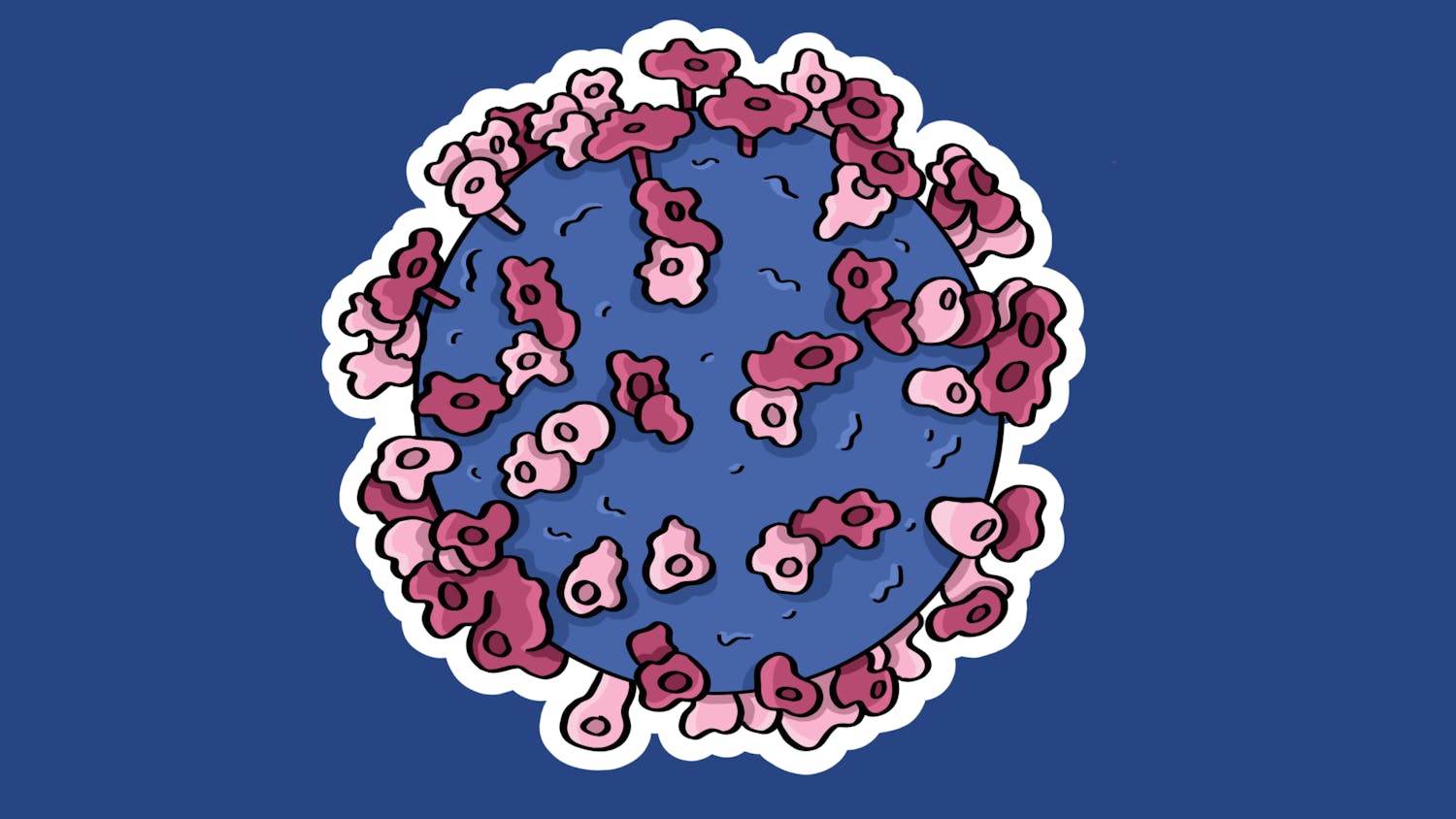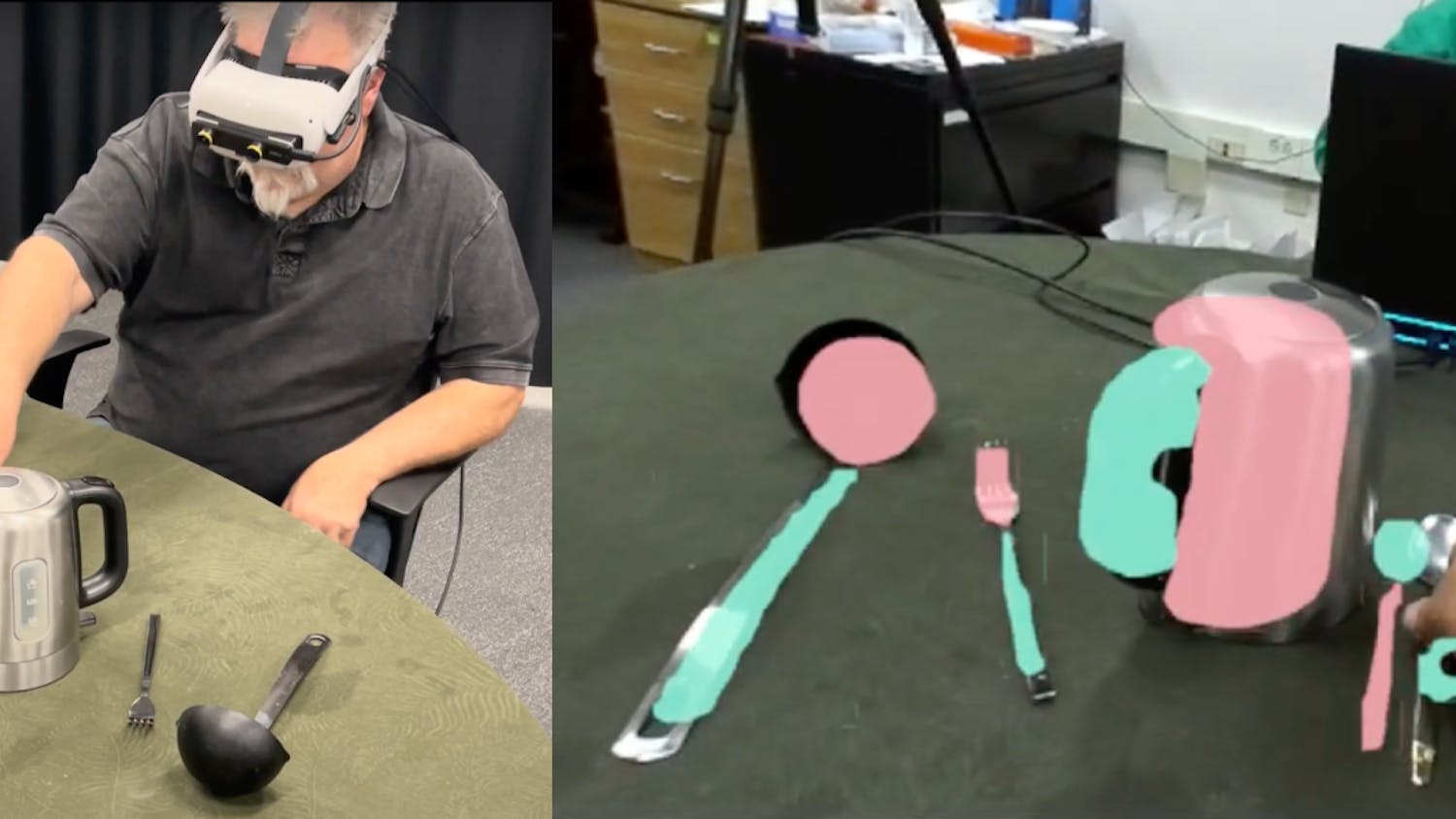Not many people would associate science with sharing food. But there’s a lot more to being a scientist than working alone in a lab, as University of Wisconsin-Madison professor Ahna Skop and her team try to explain through their new cookbook, “Lab Culture: A recipe for innovation in science.”
“Lab Culture”, self-published in April, aims to showcase both the social aspect of science and the diversity of those who contribute to it. It includes recipes from scientists from all over the world, inspired by Skop’s penchant for sharing meals with fellow scientists. The book includes scientist biographies and a map showing where each scientist is from and where they work now, demonstrating the journeys these professionals have taken to carry out their work.
Skop, a genetics professor, wished to use “Lab Culture” to “humanize the public's view of scientists,” showcasing their diversity and lives behind the white lab coat.
Many of the scientists’ contributions are family recipes or trusted favorites, ranging from Haitian black rice to blueberry blintz souffle.
Hareem Rauf, a recent UW-Madison graduate, Crystal Xin Qing, a UW-Madison graduate student and Diana Chu, a professor at San Francisco State University, assisted Skop with creating the physical cookbook.
Rauf worked on the cookbook for years of her undergraduate career, communicating with the book’s contributors to collect recipes and put together their biographies. Qing worked extensively on the book’s graphic design and formatting. Together, the two UW-Madison students did much of the hands-on work required to create the cookbook.
Rauf said she grew up believing most scientists didn’t look like her. Even in college, many of the scientists she was in contact with were white men. “When I was younger, in my science classes, the idea of a scientist was intimidating,” Rauf said, adding that working on the cookbook was a way to “change that idea of what a scientist looks like “for future generations.”
For the student authors, working on the book was a chance to connect with scientists and collaborate with the other authors.
“Some of [the contributors] are really renowned… one of them was a Nobel Prize winner,” Rauf said.
Stephanie Blaszczyk, a science communicator and medical writer, and Elif Kurt, a recent graduate in Genetics and Genomics, compiled some of the information before the physical cookbook project started. Their work also appears on the book’s website.
The widely accessible website version of “Lab Culture” has the same goal of outreach and education. Like the cookbook, the website contains information about the project’s creators, contributing scientists and, of course, recipes.
A palatable presentation of science
Outreach efforts such as this cookbook and Skop’s earlier coloring book, which is about genetics, are likely to reach a wider audience than scientific papers. In the past, Skop visited schools to distribute free copies of the coloring book, hoping to spark a lasting interest in studying science. The cookbook continues Skop’s tradition of presenting science to the public in unconventional ways.
“What we do a lot in academics… might be very useful information for [the public], but it [is] too hard for them to understand,” Qing said. “I want to make it more understandable.”
The team is now focusing on marketing “Lab Culture,” mainly through social media posts designed by Qing. Qing said she is exploring new ways of presenting the cookbook, and the book’s authors are looking forward to widening their audience and spreading their message over time.






